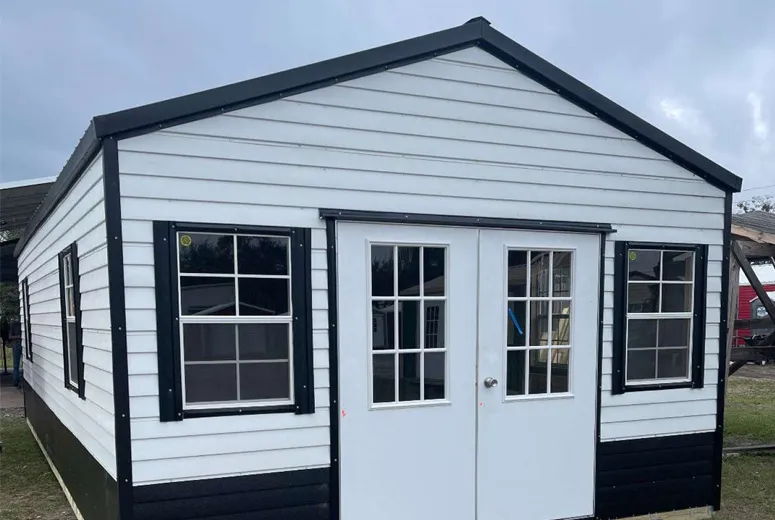- Afrikaans
- Albanian
- Amharic
- Arabic
- Armenian
- Azerbaijani
- Basque
- Belarusian
- Bengali
- Bosnian
- Bulgarian
- Catalan
- Cebuano
- Corsican
- Croatian
- Czech
- Danish
- Dutch
- English
- Esperanto
- Estonian
- Finnish
- French
- Frisian
- Galician
- Georgian
- German
- Greek
- Gujarati
- Haitian Creole
- hausa
- hawaiian
- Hebrew
- Hindi
- Miao
- Hungarian
- Icelandic
- igbo
- Indonesian
- irish
- Italian
- Japanese
- Javanese
- Kannada
- kazakh
- Khmer
- Rwandese
- Korean
- Kurdish
- Kyrgyz
- Lao
- Latin
- Latvian
- Lithuanian
- Luxembourgish
- Macedonian
- Malgashi
- Malay
- Malayalam
- Maltese
- Maori
- Marathi
- Mongolian
- Myanmar
- Nepali
- Norwegian
- Norwegian
- Occitan
- Pashto
- Persian
- Polish
- Portuguese
- Punjabi
- Romanian
- Russian
- Samoan
- Scottish Gaelic
- Serbian
- Sesotho
- Shona
- Sindhi
- Sinhala
- Slovak
- Slovenian
- Somali
- Spanish
- Sundanese
- Swahili
- Swedish
- Tagalog
- Tajik
- Tamil
- Tatar
- Telugu
- Thai
- Turkish
- Turkmen
- Ukrainian
- Urdu
- Uighur
- Uzbek
- Vietnamese
- Welsh
- Bantu
- Yiddish
- Yoruba
- Zulu
Oct . 07, 2024 14:03 Back to list
Steel Manufacturing and Warehouse Management A Comprehensive Overview
Steel manufacturing plays a crucial role in the global economy, serving as the backbone for various industries such as construction, automotive, aerospace, and machinery manufacturing. The process of turning raw materials into high-quality steel is complex and involves several stages. Coupled with efficient warehouse management, steel manufacturing can lead to increased productivity, reduced costs, and improved customer satisfaction.
The Steel Manufacturing Process
The steel manufacturing process typically begins with the extraction of iron ore, which is the primary raw material. Once extracted, iron ore is processed in a blast furnace, where it is melted together with coke and limestone. This mixture undergoes chemical reactions that separate iron from impurities, resulting in molten iron. The next step involves converting this molten iron into steel through a variety of methods, with the Basic Oxygen Steelmaking (BOS) and Electric Arc Furnace (EAF) being the most common.
In the BOS process, pure oxygen is blown into the molten iron to oxidize unwanted elements, primarily carbon, which transforms it into steel. On the other hand, EAF takes scrap steel as its primary input, making it a more environmentally friendly option. This method heats and melts the scrap steel using electrical energy, making it a preferred choice for recycling and sustainability.
After the steel is produced, it goes through various finishing processes like casting, rolling, and heat treatment. These processes are essential for achieving the desired mechanical properties and dimensions of the final product. Quality control is integral at every stage to ensure that the steel meets industry standards and specifications.
The Role of Warehousing in Steel Manufacturing
steel manufacturing & warehouse

Once steel is manufactured, efficient storage and distribution become critical. Warehousing in the steel industry involves the storage of raw materials, finished products, and components needed for further processing. Effective warehouse management systems (WMS) are deployed to streamline operations and enhance inventory control.
A well-organized warehouse plays a pivotal role in reducing lead times and optimizing space utilization. Steel products can vary greatly in size, shape, and weight, which poses unique challenges in handling and storage. Advanced technologies, including automated storage and retrieval systems (AS/RS), barcoding, and RFID (Radio-Frequency Identification), have revolutionized the way steel warehouses operate. These technologies help in tracking inventory in real-time, minimizing human error, and enhancing productivity.
Moreover, warehouse management also involves strategic planning for the layout of the warehouse. This includes the positioning of heavy items and ensuring there is sufficient space for maneuvering heavy machinery. Implementing just-in-time (JIT) inventory practices can further reduce holding costs and enhance responsiveness to market demand.
Sustainability and Future Trends
The steel industry is gradually shifting towards more sustainable practices. The integration of renewable energy sources into the manufacturing process, such as solar and wind energy, is gaining traction. Additionally, recycling scrap steel not only helps in conserving resources but also significantly reduces carbon emissions associated with steel production.
As digital technologies continue to evolve, the steel manufacturing sector is also witnessing significant advancements. Artificial Intelligence (AI) and data analytics are being used to optimize operations, predict equipment failures, and improve supply chain management. Companies are increasingly investing in Industry 4.0 capabilities, which integrate IoT (Internet of Things) with manufacturing processes for enhanced efficiency and precision.
In conclusion, steel manufacturing is a vital component of the global supply chain, integral to numerous industries. Coupled with efficient warehouse management, it can enhance operational efficiency, improve customer satisfaction, and promote sustainability. The continued integration of technology and innovative practices will shape the future of steel manufacturing, ensuring that it meets the demands of an ever-evolving market while remaining environmentally friendly. As the industry moves forward, embracing these changes will be key to thriving in a competitive landscape.
-
How Do Prefabricated Steel Structures Transform Modern Construction?
NewsJul.14,2025
-
How Do Prefabricated Metal Buildings Redefine Modern Construction?
NewsJul.14,2025
-
How Do Prefab Insulated Metal Buildings and Steel Structures Revolutionize Modern Construction?
NewsJul.14,2025
-
How Do Pre - Engineered Steel Structures Redefine Modern Construction?
NewsJul.14,2025
-
Advancing Modular Construction with Prefabricated Metal Structures
NewsJul.14,2025
-
Advancing Industrial Infrastructure with Prefabricated Steel Solutions
NewsJul.14,2025
Products categories
Our Latest News
We have a professional design team and an excellent production and construction team.












